Cats are mysterious creatures, often leaving their human companions puzzled by their actions. While they might seem aloof or indifferent at times, cats have a distinct way of communicating, especially when they feel neglected. Here are seven emotional signals your feline friend might send when you’re too distracted to give them the attention they crave.
The Staring Contest
When your cat fixates on you with their big, unblinking eyes, it’s not just a blank stare. This intense gaze is their way of saying, “Hey, I’m here. Notice me.” Cats use eye contact to communicate their needs and feelings. They’re hoping you’ll look back and give them the attention they desire. It’s a bit like when someone stares at you in a crowded room until you feel it and look back. This silent request for attention is common when you’re engrossed in a book or your phone. By maintaining eye contact, your cat is trying to draw you back into their world.
Pawing at Your Arm
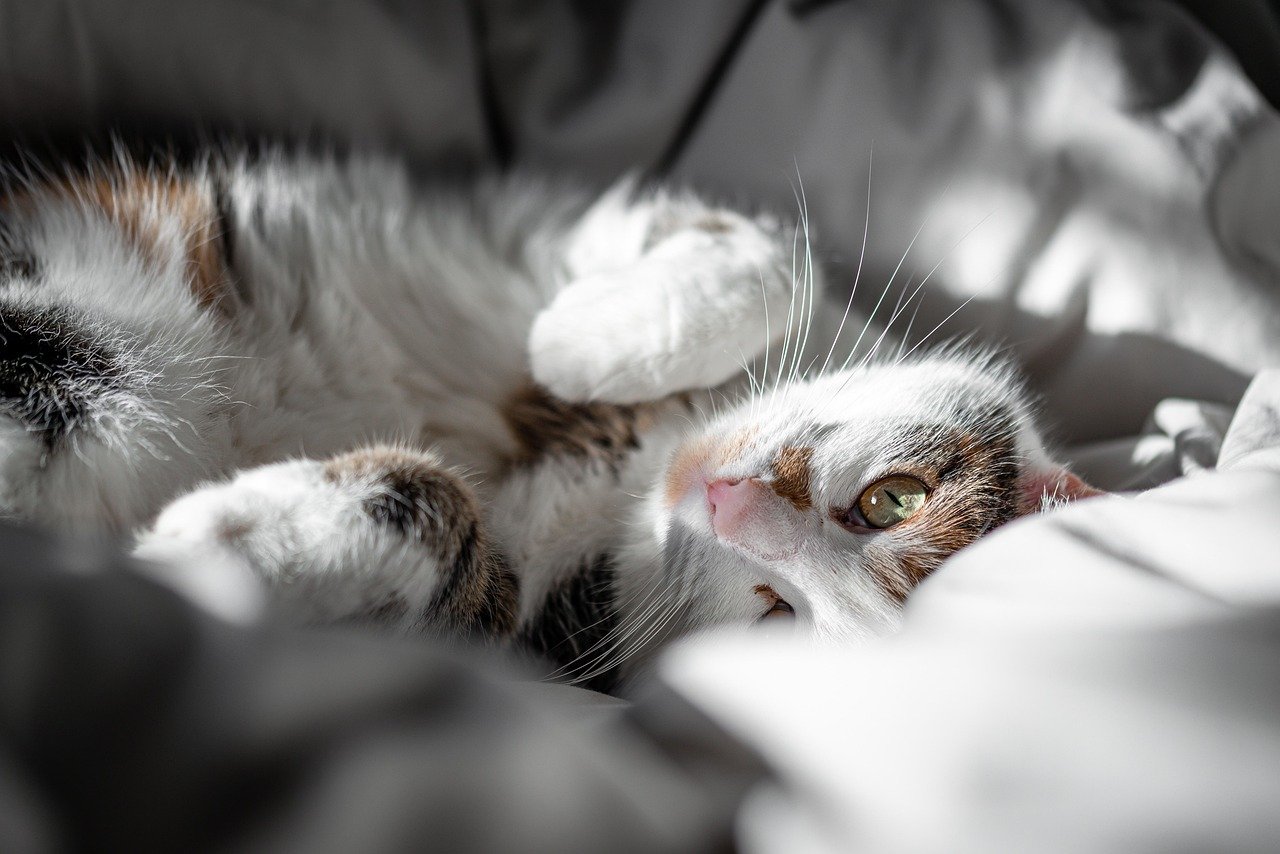
Have you ever felt a soft touch on your arm while you were busy typing away on your computer? That gentle pawing is your cat’s way of breaking through the barrier of distraction. It’s their version of tapping you on the shoulder. This behavior is akin to a child tugging on a parent’s sleeve, seeking acknowledgment and interaction. When your cat paws at you, they’re saying, “I’m right here, and I need you.” It’s a simple yet effective method to redirect your attention back to them.
Loud Meowing
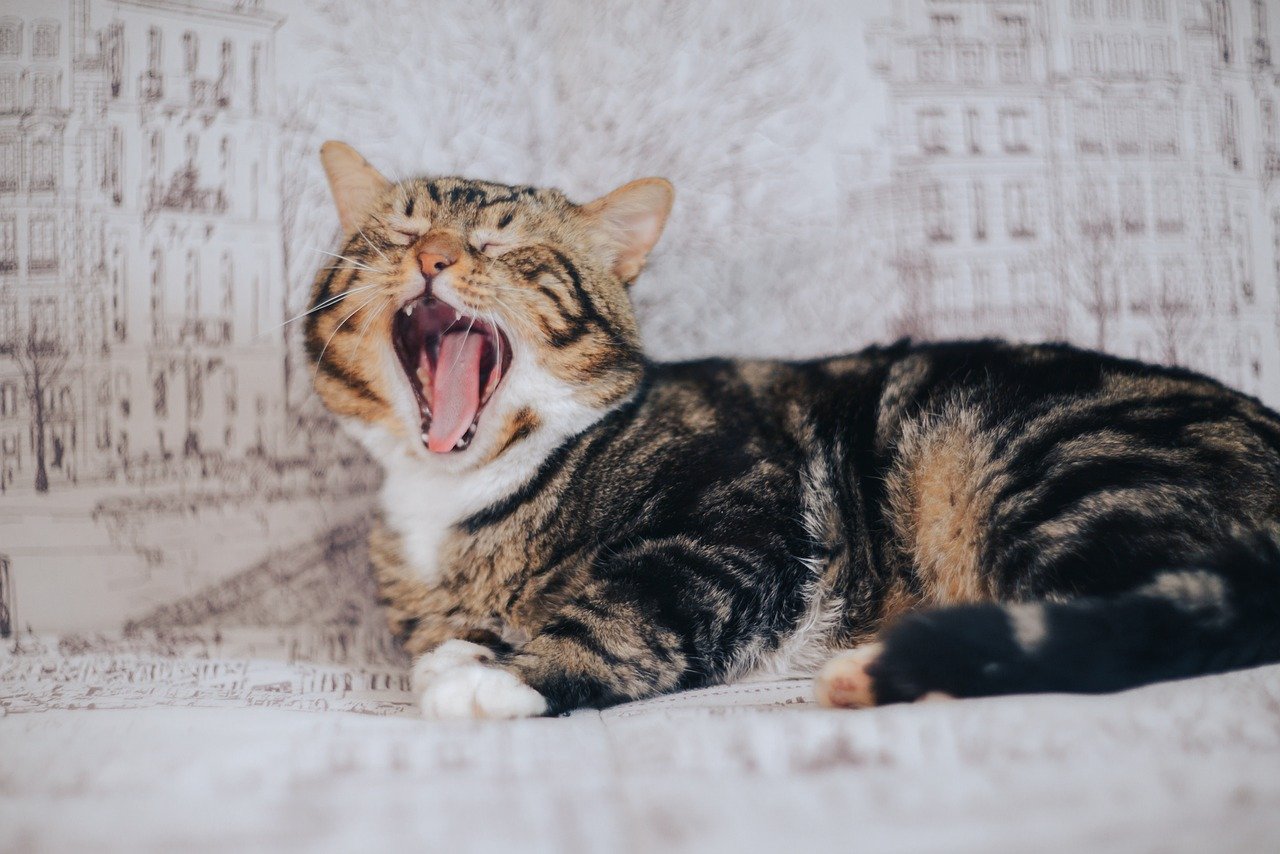
Cats can be quite vocal when they want to be, especially if they feel ignored. If your usually quiet cat suddenly becomes a chatterbox, they’re likely trying to get your attention. This loud meowing is akin to someone raising their voice to be heard over the noise. Cats rely on their voices to express urgency, whether it’s because they’re hungry, want to play, or just need some affection. Their persistent meows are hard to ignore, acting as a vocal reminder of their presence and needs.
Bringing Gifts
While it might not be the most pleasant of surprises, finding a ‘gift’ from your cat is a sure sign they want your attention. Cats are natural hunters, and bringing you a toy or, more unsettling, a small creature, is their way of sharing their achievements. It’s like a child proudly showing a parent their artwork. This gesture is meant to impress you and strengthen your bond. When your cat presents you with a gift, they’re saying, “Look what I’ve done! Aren’t you proud?” It’s a call for recognition and appreciation.
Sudden Bursts of Energy
When your cat starts zooming around the house like a tiny furry tornado, they’re not just burning off energy. These sudden bursts of activity are often a sign of pent-up emotions and a need for attention. It’s their way of saying, “Look at me! I’m here and ready to play!” This behavior is similar to a child running around to get their parent’s attention. By engaging in these playful antics, your cat hopes to entice you into joining their fun and games.
Blocking Your Path
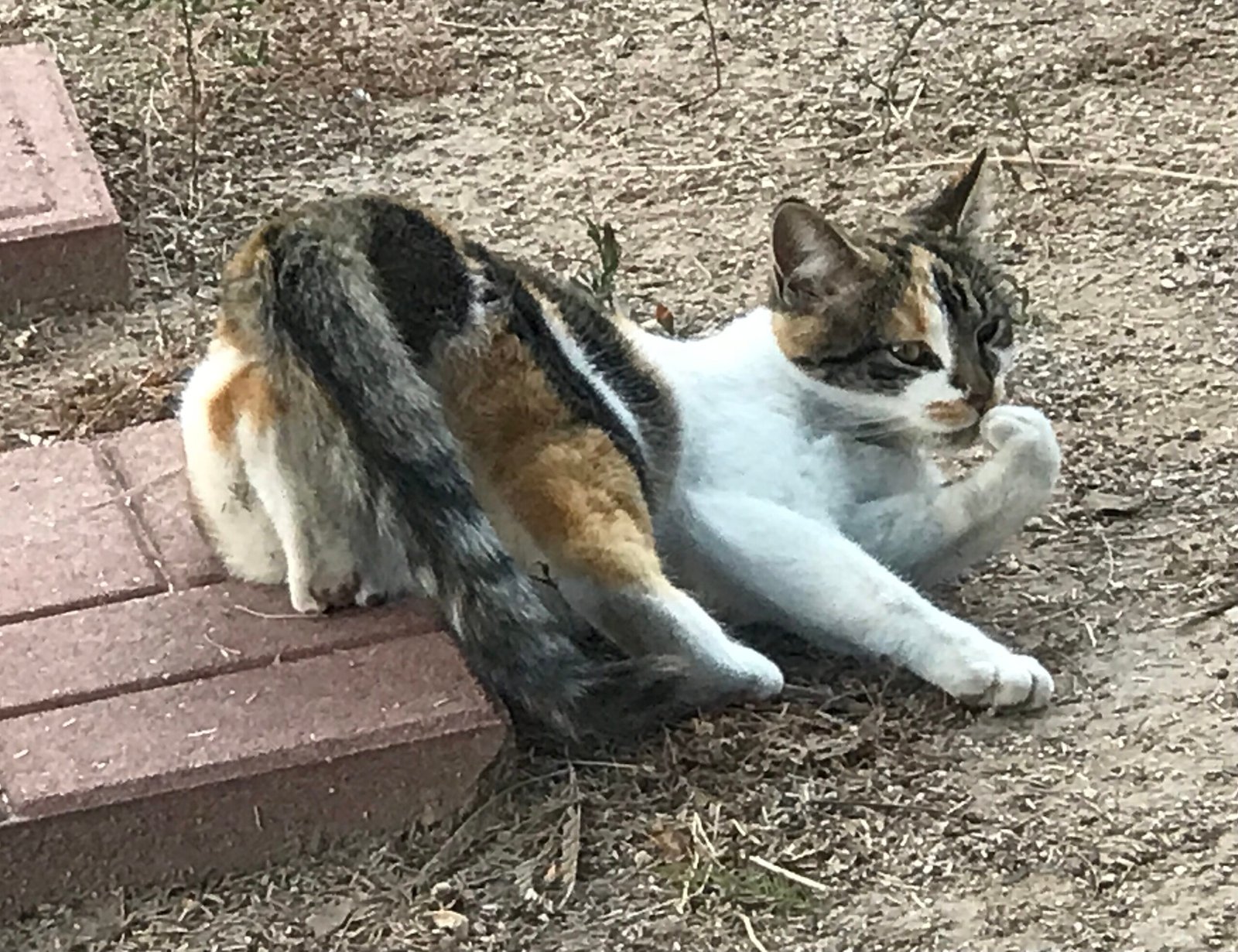
Ever notice your cat suddenly appearing right where you’re about to step? This isn’t a coincidence. Cats are masters at positioning themselves in your path to force you to notice them. It’s their way of saying, “You can’t ignore me now!” This tactic is similar to someone standing in front of you to stop you in your tracks. By physically placing themselves in your way, cats demand your attention, ensuring you can’t walk by without acknowledging them.
Sleeping on Your Work
Cats have an uncanny ability to find the most inconvenient places to nap, especially on your laptop or paperwork. This isn’t just about finding a warm spot; it’s a strategic move to capture your focus. It’s like a child sitting on a parent’s lap while they’re working. By making themselves the center of your workspace, your cat is saying, “I want to be the center of your world right now.” This behavior is a direct plea for interaction and affection.
Tail Flicking
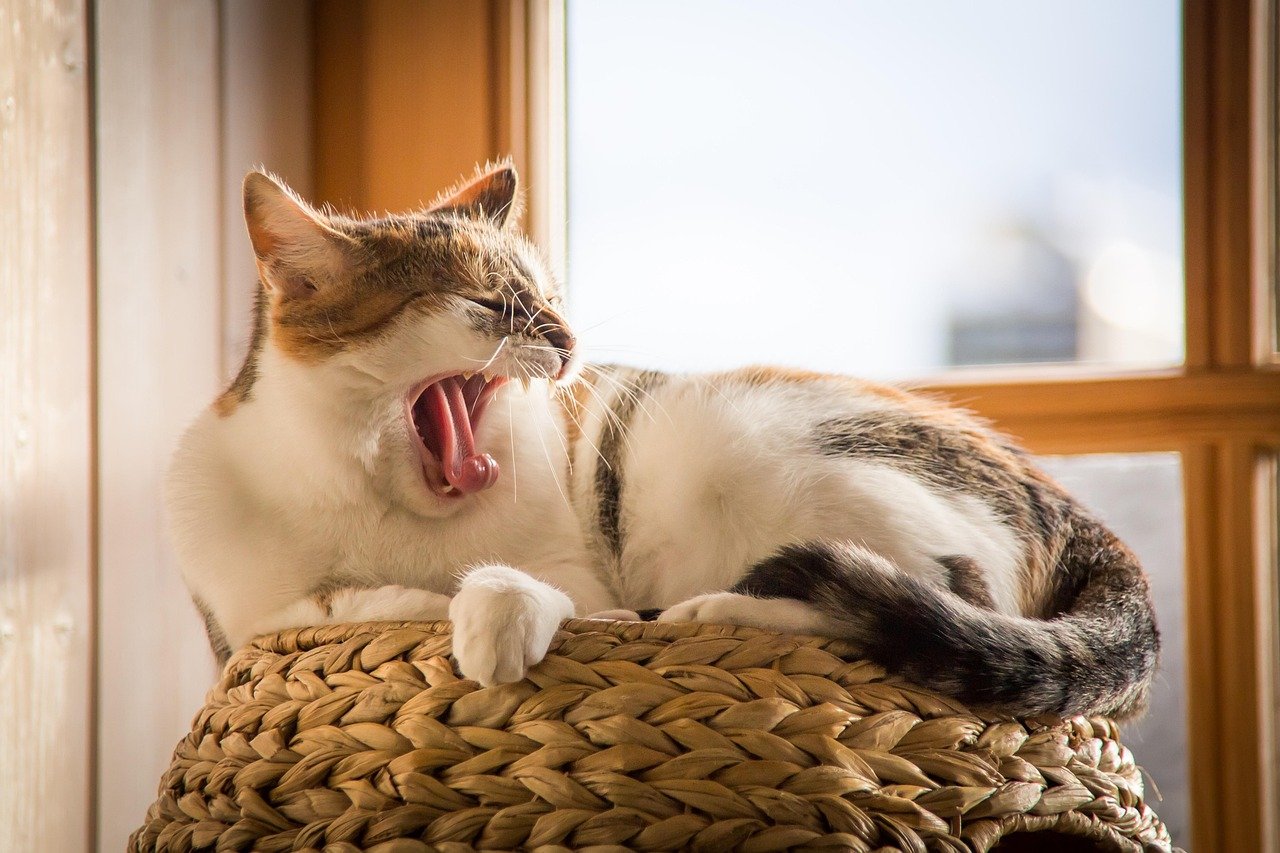
A cat’s tail is a powerful communication tool, and when they’re feeling neglected, you might notice an increase in tail flicking. This behavior is a sign of agitation and a subtle way of expressing their discontent. It’s like tapping your foot when you’re impatient. The flicking tail is a signal that they’re not happy with the current situation and are yearning for your attention. By recognizing this sign, you can address their needs before they escalate into more disruptive behaviors.
Demanding Door Service
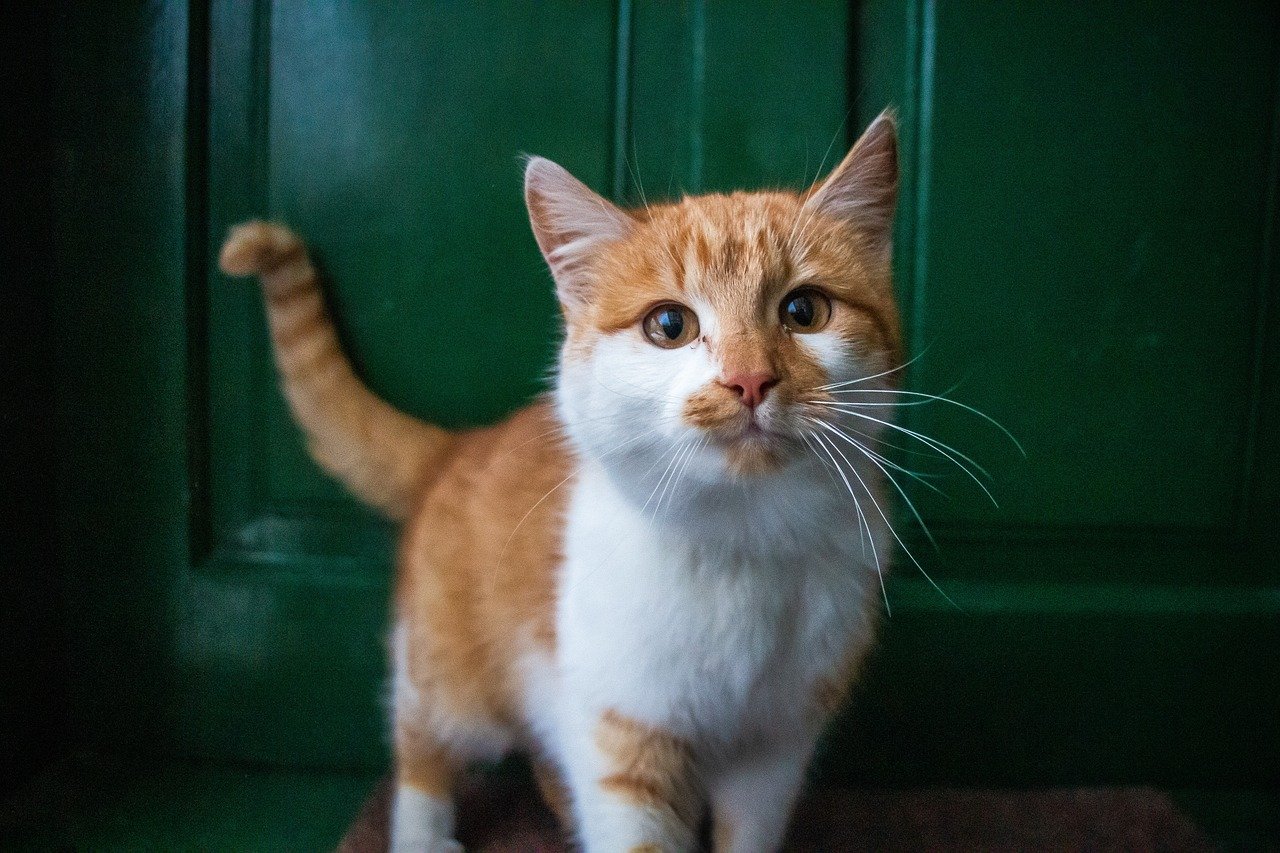
If your cat is suddenly obsessed with doors, following you room to room or scratching to be let in or out, they’re trying to keep you in their sight. It’s their way of saying, “I want to be wherever you are.” This behavior mimics someone following a loved one around the house to stay connected. By constantly seeking your presence, your cat is expressing their need for companionship and reassurance.
Refusing Food
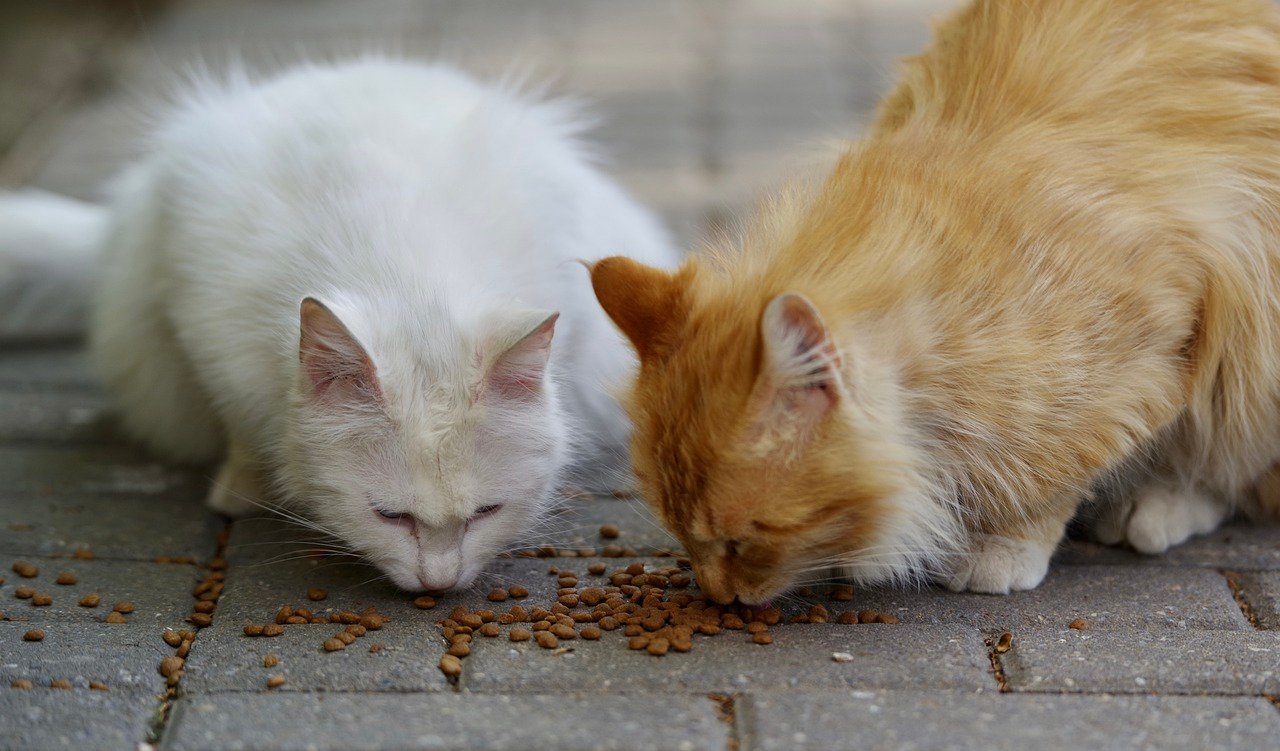
While a decrease in appetite can be a sign of illness, it can also indicate emotional distress. If your cat refuses their favorite meal, they might be trying to tell you something. This is akin to someone losing their appetite when they’re upset. By turning away from food, your cat is signaling that something is amiss in their world, and they need your attention to feel better. Recognizing this signal can help you address any underlying issues and restore their sense of well-being.
Cats are complex creatures with a rich tapestry of emotions and ways to communicate. By understanding these signals, you can ensure your feline friend feels loved and appreciated, even during your busiest moments.
Hi, I’m Bola, a passionate writer and creative strategist with a knack for crafting compelling content that educates, inspires, and connects. Over the years, I’ve honed my skills across various writing fields, including content creation, copywriting, online course development, and video scriptwriting.
When I’m not at my desk, you’ll find me exploring new ideas, reading books, or brainstorming creative ways to solve challenges. I believe that words have the power to transform, and I’m here to help you leverage that power for success.
Thanks for stopping by, Keep coming to this website to checkout new articles form me. You’d always love it!






